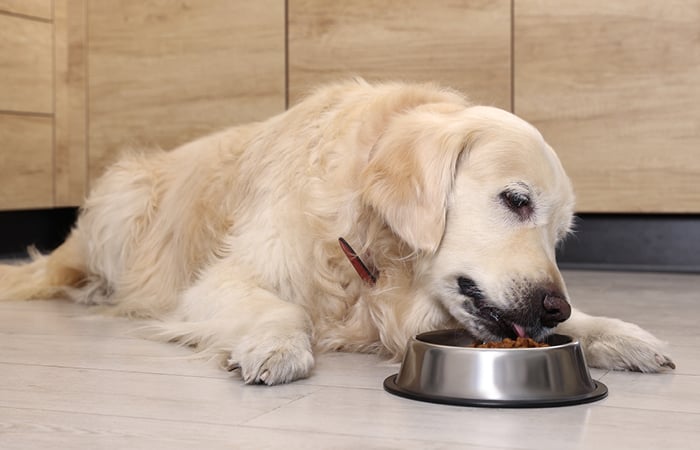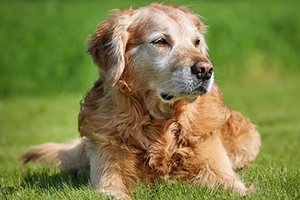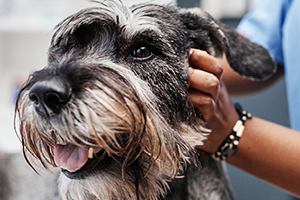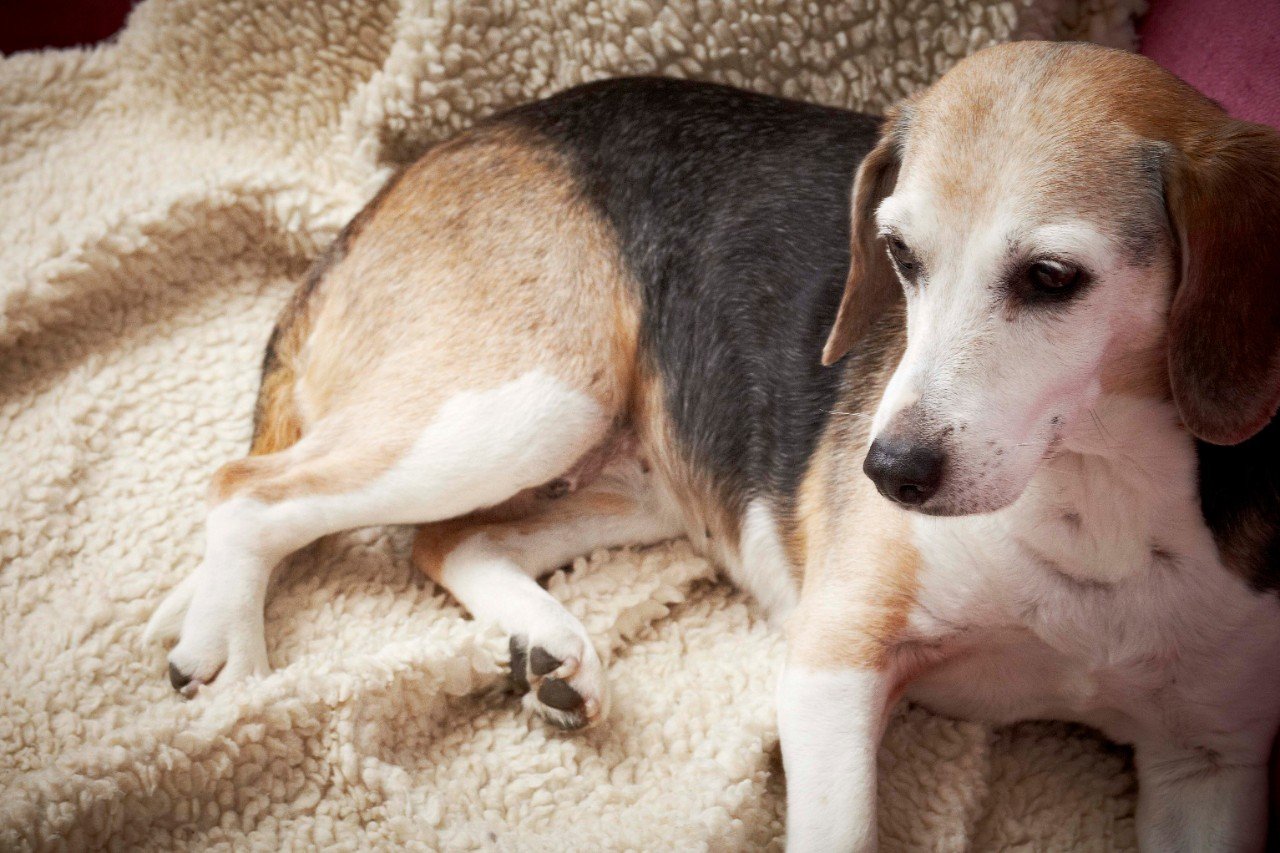Help! My dog hates the vet
.png)
As dogs reach their senior years, a six-monthly veterinary check can help keep them in the best possible health. Putting a regular date in the diary allows the vet to spot any telltale changes to your pet’s physical and cognitive wellbeing. And if you notice any worrying symptoms in your older dog, such as weight loss, increased thirst or lumps and bumps, it’s always a good idea to get them checked out without delay.
But what if your dog hates the vet, and getting them there is easier said than done? It’s fair to say your pet is probably never going to relish the prospect of a check-up, so it’s important to understand what’s going through their head. It’s an experience that involves a whole series of alien stimuli, from being transported to the surgery (they just know it’s coming, don’t they?) to the strange sounds and whiffs of this non-home environment, and all the bewildering examinations and procedures.
For older dogs that are slowing down a bit and experiencing more health issues, a veterinary visit can be especially daunting. Elderly dogs who are experiencing symptoms of cognitive dysfunction syndrome (CDS) may be particularly confused and stressed by the disruption to their usual routine. But while your pet is probably never going to trot through the surgery door with glee, a bit of preparation and desensitisation training can dramatically improve the veterinary experience (for both of you!). Here’s how to help calm your dog at the vet.
Stay positive yourself
Give your dog a comfortable journey
If you’re driving to the vet, some treats, a soft blanket and a favourite toy on the back seat will help keep them cosy, occupied and calm. An elderly or poorly dog may have trouble jumping into a car, so make a non-slip ramp using a plank of wood, with a rubberised mat on top, to help them up.
A dog seat belt or crate will keep your pet secure while on the road. If you only generally get out the crate to take your dog to the vet, use it occasionally for other, more enjoyable adventures – to the park or to see friends – so your dog doesn’t instantly presume the worst.
If your journey to the vet involves public transport, try to choose a quiet time of day so your dog won’t feel too crowded, particularly if they are in pain or discomfort. If possible, avoid travelling around mealtimes so that your dog is neither hungry nor at risk of vomiting if they’ve recently eaten.
Why not walk your dog to the vet, if possible? They’ll be happily distracted, especially if you take in a park visit en route. The feel-good boost they’ll get will put them in a positive frame of mind, too. Whichever route you take, remember to allow time for toilet pit-stops.
Handle with care
It’s not uncommon for senior dogs to undergo some behaviour changes, caused by the onset of conditions such as deafness, declining vision or arthritis. The effect of any of these can be to make your dog more touchy and reactive to being handled, so the rule is: gently does it!
Even the most placid dog is unlikely to enjoy being examined by a vet in a surgery setting. A valuable exercise to help prepare your dog is to touch them on non-sensitive areas (haunch, under the chin, side, tummy) and give them a treat. Your goal here is to show how touch can bring a reward. Gradually move to touching them in more sensitive areas (ears, paws, under the tail, mouth/teeth) for just a few seconds at a time, and again reward them with a treat and lots of praise if they stay calm.
Other ways to help calm a senior dog
Some people find that calming collars that release pheromones may help take the edge off a jumpy dog’s nerves. Alternatively, your vet may be able to prescribe an anti-anxiety medicine in a dose that’s appropriate for your dog’s age and any medical issues they’re dealing with.
For a dog that’s prone to lashing out when anxious or in pain, a muzzle may provide the only practical answer to protect both the vet and your pet. Again, a period of relaxed familiarisation with a muzzle is vital in advance.
After you get home
Petplan is a trading name of Pet Plan Limited (Registered in England No. 1282939) and Allianz Insurance plc (Registered in England No. 84638), Registered office: 57 Ladymead, Guildford, Surrey GU1 1DB.
Pet Plan Limited is authorised and regulated by the Financial Conduct Authority. Financial Services Register No. 311969. Allianz Insurance plc is authorised by the Prudential Regulation Authority and regulated by the Financial Conduct Authority and the Prudential Regulation Authority. Financial Services Register No. 121849. Pet Plan Limited is a subsidiary of Allianz Insurance plc.
















